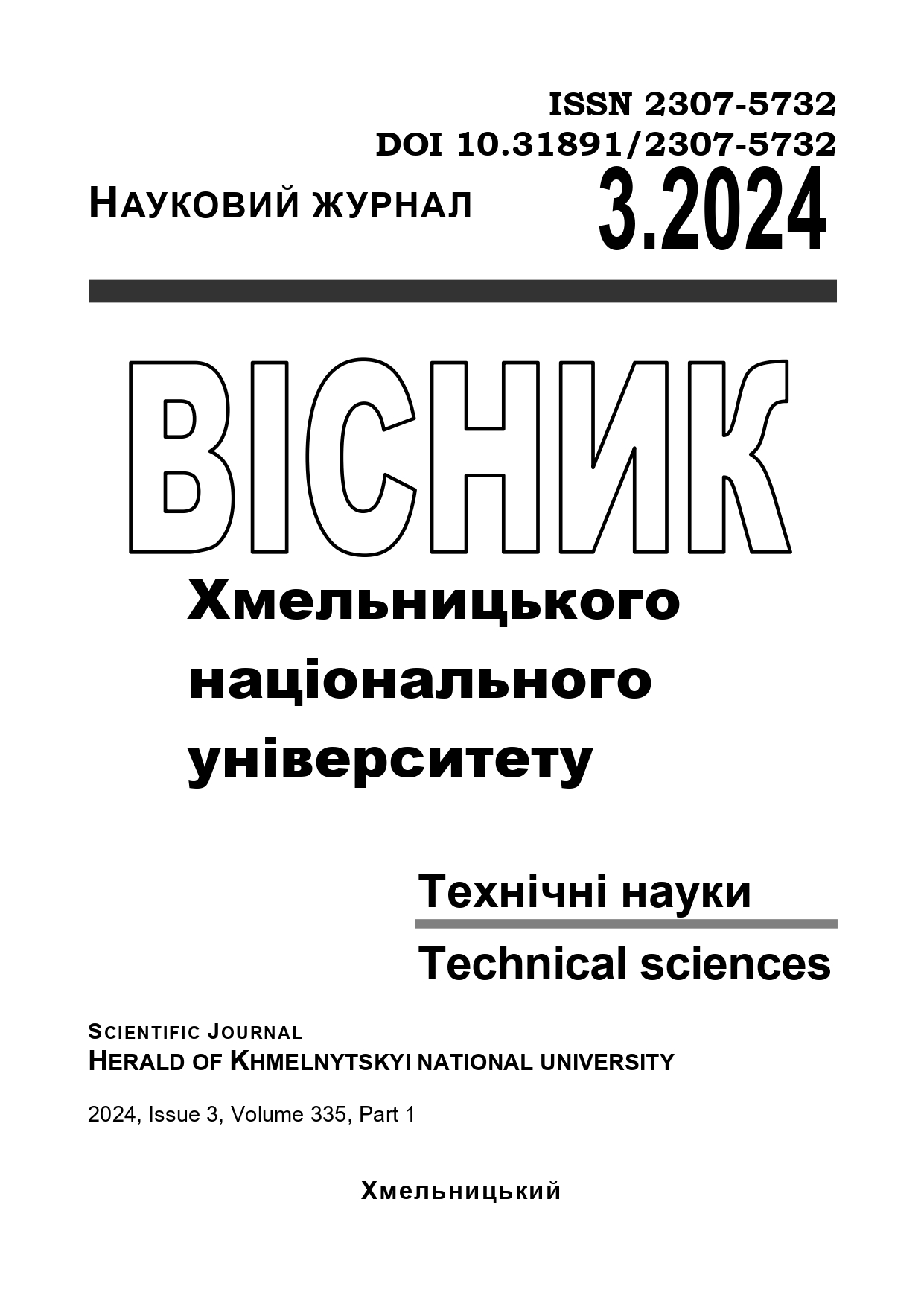METHOD OF FORMING A POOL OF ELECTIVE COURSES BASED ON THE GENETIC ALGORITHM
DOI:
https://doi.org/10.31891/2307-5732-2024-335-3-26Keywords:
genetic algorithm, method of forming a pool, elective courseAbstract
This paper gives an in-depth analysis on the development and application of a method for creating a comprehensive elective course pool, which is fundamentally based on a genetic algorithm, and efficiently incorporated within an information system. The significance and extent of this research becomes prominent due to the surging interest and increased demand in employing efficacious management techniques to streamline educational curricula in higher education institutions, thereby catering to students' particular educational needs and predetermined objectives.
Genetic algorithms, which have been extensively applied and have achieved noteworthy success in a wide array of fields, have shown significant potential for an automated selection of disciplines, ultimately leading to a precise alignment with a student's individual objectives and enhancing their overall educational experience.
The study dedicates a significant portion of its focus to the implementation phases of the method. It illustrates an exhaustive analysis of the pre-existing methodologies applied in curriculum development. Furthermore, it offers a well-rounded assessment of the potentials and inherent limitations of genetic algorithms in the context of curriculum development. The research elaborates on the design and deployment of a specialized information system that efficaciously supports the automated compilation of an elective discipline pool.
A substantial part of the study also delves into conducting an empirical risk analysis, and identifies an array of key factors that weigh in on the selection of disciplines. Some of these influential factors include specific characteristics of students, availability of faculty members, accessibility and allocation of institutional resources, and various budget constraints.
The research results demonstrate that employing a genetic algorithm for curriculum formation can enhance the quality of education by providing greater individualization and alignment with students' educational needs.

